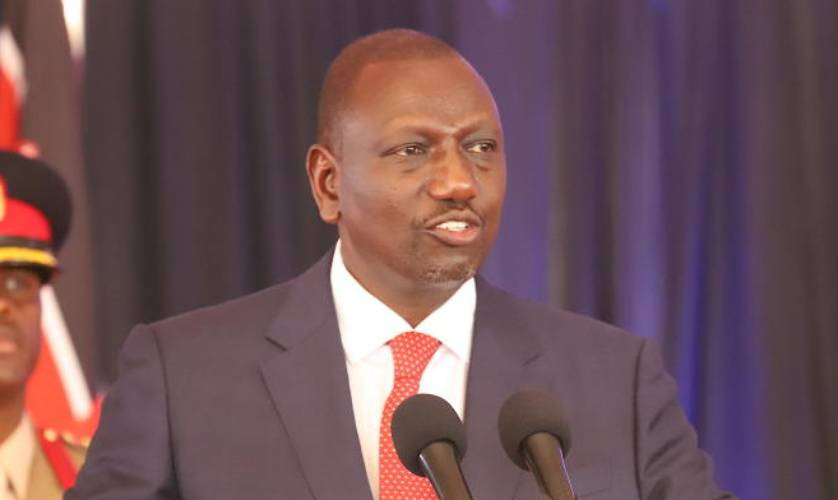
"This year's National Taxpayers' Day comes at a time of tremendous crisis as well as an immense opportunity. It, therefore, calls for sober reflection, radical change and resolute action to make our tax administration fairer and better aligned with the revenue policy of a nation in pursuit of self-reliance.
"As I stated on assuming office, the state of our public finances is unsatisfactory. Given this, how we proceed will determine whether we are facing a threat or an opportunity. Difficult decisions must be made to put matters in good shape. The false comfort of a financial bandage must come to an end because we are risking short-term comfort in place of sustainability in the long term.